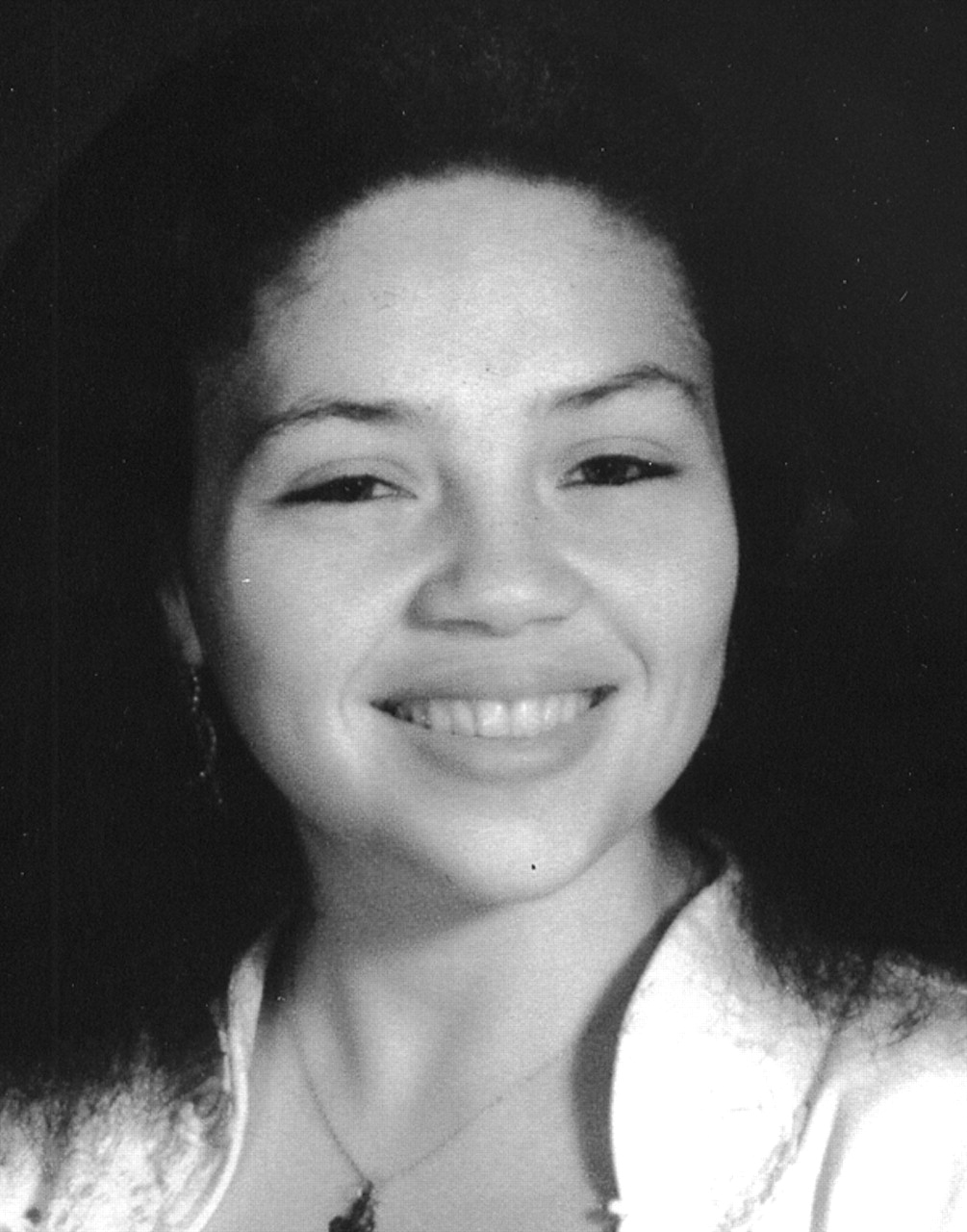Candidates for Member-in-Training Trustee-Elect

Psychiatry Resident, Mount Sinai School of Medicine, New York, 2003-
PGY-2 Resident Representative, Executive Education Committee, Mount Sinai School of Medicine, 2004-
Assistant Administrator of ASO Health Insurance Programs, Group Insurance Commission, 1999-2000
Chapter President, Student National Medical Association, Yale School of Medicine, 1995-96
M.D., Yale University School of Medicine, 2003
M.P.H., Harvard School of Public Health, 1998
Today's psychiatrists, in order to be effective practitioners, are required to be multifaceted. On a daily basis psychiatrists must be biologically, as well as psychotherapeutically, oriented. If not actual researchers, they must be capable of gathering and distilling the latest research findings. They must possess effective teaching skills in order to effectively and accurately educate not only patients and their families, but also the next generation of practitioners.
More than ever before, psychiatrists must also be aware of the financial, legislative, and public opinion pressures imposed on their patients and the profession as a whole. Mental health parity laws are still the exception and not the rule. Managed health care companies' payment structures, as well as psychologists' legislative efforts to win prescription privileges, are leading to a shift away from psychiatrists providing medically based treatment to patients. Psychiatrists must know the practical applications of HIPAA rules, in addition to knowing how to properly document patients' visits so they will not be requested to pay back prior payments after audits by health insurers. Finally, psychiatric patients, and psychiatrists themselves, are still stigmatized and marginalized.
Obviously for a solo practitioner to process, and more importantly influence, all the factors necessary to become proficient in the above-mentioned requirements is nearly impossible. It is for this reason, in addition to providing fellowship, that APA exists. I seek to have the opportunity to be your representative and directly aid APA in its mission as I believe that I offer a uniquely diverse skills set.
My work experience as an administrator of psychiatric and indemnity insurance plans for Massachusetts state employees, as well as my clinical and public health training, has provided me with a system-oriented skills set that allows me to not only comprehend health care reimbursement issues, but also analyze said issues from both the payer and payee perspective, thus envisioning recommendations and initiatives that are clinically appropriate and acceptable to patients, psychiatrists, and insurers. My experience as my medical school's Student National Medical Association chapter president has taught me how to be an informed voting representative for a national organization. My commitment to shaping education at the trainee level is evidenced by my positions as my medical school's first-year-class Education Policy and Curriculum Committee representative, fifth-year-class Yale Medical Student Psychiatric Association representative, and currently my residency program's PGY-2 Executive Education Committee representative. My belief that one must not only influence what is being taught, but also learn how to effectively disperse information is evidenced by my currently being a co-author on a chapter on antidepressant therapy, as well as having co-published a nutrition guide for medical students. As an instructor for high school minority students in a research exposure program, I have had the satisfaction of fostering the development of research skills in the next generation of potential physicians. Finally, my recognition of the power of public stigma and legislative action on the perception of psychiatric patients and psychiatrists is evidenced by my medical school thesis that analyzed the effect of the anti-psychiatric backlash of the John W. Hinckley Jr. not-guilty-by-reason-of-insanity verdict, which ultimately led to the Insanity Defense Reform Act of 1984, on the cinematic portrayal of forensic psychiatrists and the criminally insane, and my current involvement with the NIH Reducing Mental Illness Stigma and Discrimination grant. I look forward to having the chance to put my skills to work as your representative to the American Psychiatric Association.
Primary Professional Activities and Sources of Income
Professional Activities
| •. | 100%—Clinical inpatient psychiatry
| ||||||||||||||||
Income
100%—Mount Sinai Medical Center



